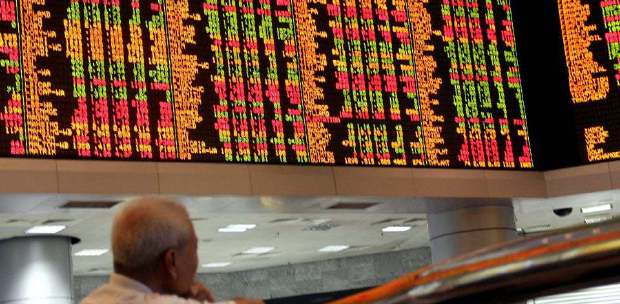KUALA LUMPUR: Foreign investors turned net purchasers in November after three successive months of net selling, according to RAM Rating Services Bhd.
The firm reported that October's net outflow of RM2.6 billion was led by MGS and GII (RM5.6 billion), while the overall net foreign inflow was RM5.4 billion.
"The rebound in investor appetite for emerging market bonds was fuelled by growing bets that major global central banks will cut rates in the first half of next year," RAM said in a statement.
Based on CME FedWatch Tool data, the market-assigned probability of a rate cut at the Federal Market Open Committee meeting in March 2024 increased to about 43 per cent as of end-November 2023, from roughly 8.0 per cent a month earlier. Improved investor sentiment led to a rally in regional bond markets, which followed increases in US Treasury market prices.
As of the end of November, the 10-year UST yield had fallen 51.0 basis points in a single month to 4.37 percent.
The yields on the 10-year MGS, Indonesian government bond, and Thai government bond decreased month over month by 28.3 basis points (bps), 44.6 bps, and 27.5 bps, respectively, to 3.82 per cent, 6.75 per cent, and 2.97 per cent on the same date, according to RAM.
According to the report, bond yields mostly continued their downward trend in early December, albeit at a slower rate, as traders seemed to have reduced their bets on rate cuts.
As of December 12, the yields on the 10-year UST and MGS were 4.2 per cent and 3.8 per cent, respectively.
Early in December, the ringgit was trading at 4.67 versus the US dollar, having strengthened to 4.65 at the end of November (from 4.77 at the end of October) due to the US dollar's decline.





